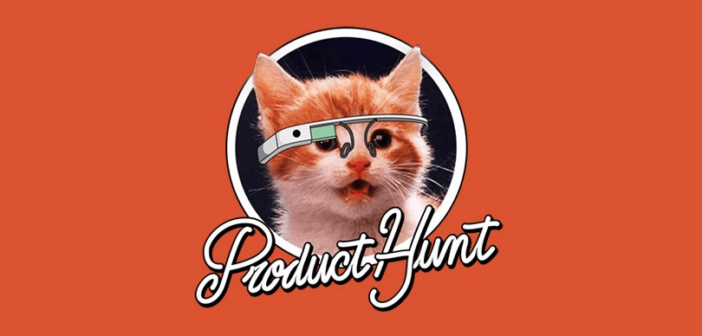The post was originally published in Russian on Alexander’s Telegram channel. Alexander kindly agreed to republish what we think is of great value to our readers.
– Hello, I want to tell you about my project.
– Good afternoon, I’m all ears.
– We are “such” and “such”, and we are doing “this”. We successfully launched on Product Hunt yesterday.
I have such dialogues with many people, and I lose interest when Product Hunt is mentioned.
It seems obvious that launching there means launching and seeking feedback among the geekiest geeks on the planet. And if it isn’t a product for geeks, then the search is held in the wrong place. So it’s an error, or, from an outside observer’s point of view, it’s an anti-pattern.
After another conversation about Product Hunt, I decided to test the theory with practice. People used to say, “everyone advises to launch there”, “many people wrote to us from there”, “there’s good feedback”, after all. Well, no sooner said than done. So today, I opened a list of the most successful launches on the PH of all time and scrolled through it to the cell site. As predicted, the leader of all time is a service for geeks (a curated directory of 400 resources & tools for startups). There are products from big companies that have been hunted by fans (Amazon Go, Tesla Model 3). There are soaring startups picked up by users (Slack is in second place of all time, Notion, Morning Brew, and Trello are visible below). And, there are many dead projects, but it’s OK, it should be so. Yet, those who are practically absent are successful products that “started at Product Hunt” and haunted themselves at launch. I only found remove.bg – a tool to remove the background in pictures. And it’s far from a unicorn, with all due respect to them.
I am not calling for anything. I share my observations.
#thoughts
Translation : Valeria Stupnikova

Alexander made his career in Russian internet companies including Mail.Ru, Rambler, RBC. From 2016 to 2018 he was Chief Strategy and Analytics officer in Mail.Ru Group. In this position, he worked on M&A, investments, and new project launches. In 2018 he became Deputy CEO in Citymobil, a Russian Uber-like company that was invested by Mail.Ru Group and Sberbank (the biggest Russian bank), then he left the company to launch his own projects. Now Alexander is a co-founder of United Investors – the platform for co-investments in Russian early-stage startups. His blog #startupoftheday (#стартапдня) is one of the most popular blogs about startups in Russia.





